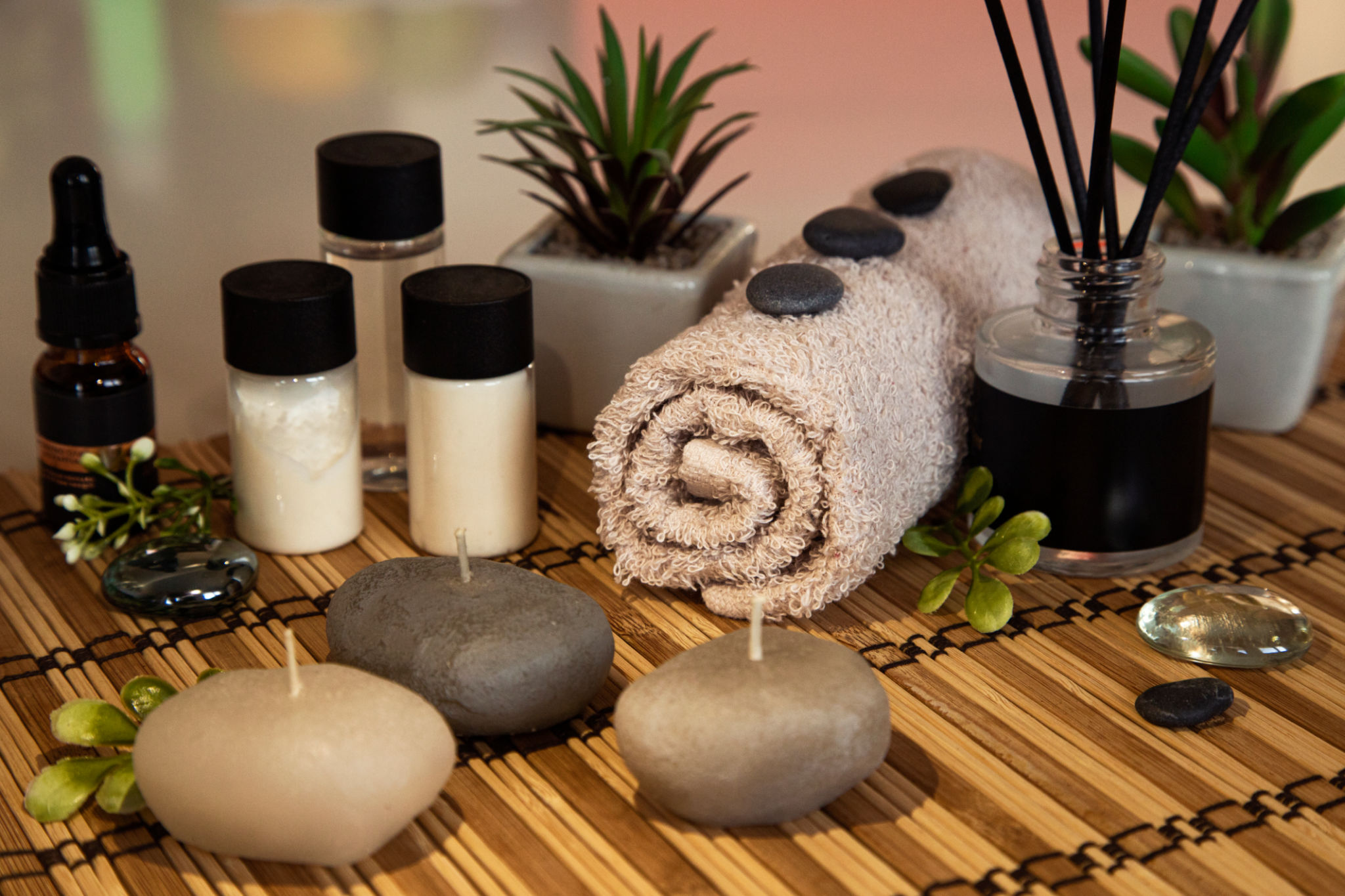Thai Massage and Its Role in Managing Chronic Pain: A Guide from OQO
Understanding Thai Massage
Thai massage is a unique form of bodywork that combines elements of yoga, acupressure, and traditional massage. Originally developed in Thailand over 2,500 years ago, this therapeutic technique is designed to balance the body's energy systems and improve flexibility. Unlike conventional massages, Thai massage involves the use of hands, elbows, knees, and feet to apply deep, rhythmic pressure along the body's energy lines.
By targeting specific pressure points and using gentle stretching, Thai massage can help alleviate tension and promote relaxation. This approach is particularly beneficial for those struggling with chronic pain conditions that are often resistant to other forms of treatment.

The Benefits of Thai Massage for Chronic Pain
Chronic pain can significantly impact one's quality of life, leading to physical limitations and emotional distress. Thai massage offers a holistic approach to pain management by addressing both physical and energetic imbalances. Here are some ways it can help:
- Improved Flexibility: The assisted stretching techniques used in Thai massage increase joint mobility and muscle flexibility, which can reduce pain.
- Enhanced Circulation: By applying pressure along the body's energy lines, Thai massage improves blood flow, helping to deliver nutrients and oxygen to tissues.
- Reduced Stress: The relaxing nature of Thai massage can lower stress levels, which are often linked to chronic pain flare-ups.
How Thai Massage Works
During a typical Thai massage session, the practitioner guides the recipient through a series of postures similar to those found in yoga. This active participation sets Thai massage apart from other modalities. The practitioner applies rhythmic pressure along energy lines called "Sen" lines using their thumbs, palms, elbows, and feet.
The combination of pressure and stretching helps release blocked energy, facilitating a sense of balance and well-being. The focus on energy flow not only addresses physical discomfort but also supports mental clarity and emotional stability.

Who Can Benefit from Thai Massage?
Thai massage is suitable for people of all ages and fitness levels. It can be particularly beneficial for those suffering from conditions such as:
- Chronic back pain
- Migraines and headaches
- Arthritis
- Fibromyalgia
- Sciatica
Moreover, athletes or individuals with high-stress lifestyles may find Thai massage a valuable addition to their wellness routines. Its ability to improve flexibility and circulation can enhance athletic performance and recovery.
What to Expect During a Session
A typical Thai massage session lasts between 60 to 90 minutes. It is usually performed on a mat on the floor while the recipient remains fully clothed in comfortable attire. Before the session begins, the practitioner may inquire about specific areas of discomfort or health concerns.
The session progresses through a series of movements designed to stretch muscles and stimulate energy flow. The practitioner's goal is to create a harmonious balance within the body, leaving the recipient feeling relaxed yet invigorated.

Choosing the Right Practitioner
When seeking out a Thai massage practitioner, it is important to ensure they are professionally trained and experienced. A skilled practitioner will be able to tailor the session to meet your individual needs, maximizing the therapeutic benefits.
Look for practitioners who are certified by reputable organizations and have positive reviews from clients. Personal recommendations can also be invaluable in finding a trustworthy professional who understands the nuances of Thai massage.
Incorporating Thai Massage into Your Wellness Routine
Regular Thai massage sessions can be an integral part of a comprehensive approach to managing chronic pain. By combining physical therapy with lifestyle changes such as diet and exercise, individuals can experience significant improvements in their overall health.
If you're considering adding Thai massage to your wellness routine, consult with healthcare professionals to ensure it complements your existing treatment plan. With its focus on holistic healing, Thai massage offers a natural way to address chronic pain and enhance well-being.